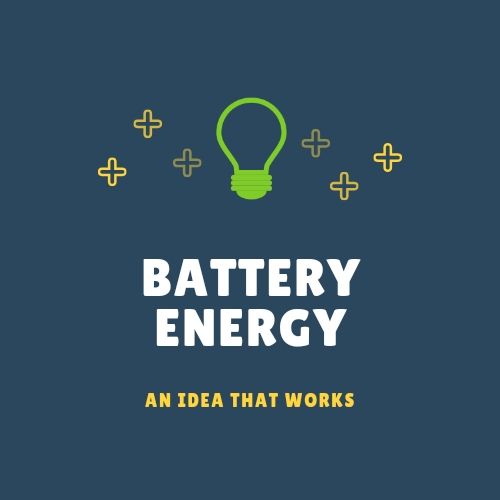BRT’s Lead-Acid Battery Regeneration Solution in Africa


BRT Energy
With economic growth and population increasing rapidly in Africa, it is expected that there will be an increased burden on the energy and power sector of the continent. There should be dynamism and collaboration among both the governments and tech startups to find cleaner and better ways to provide power to the ever-growing populace. Lack of policy implementation on Africa’s power sector has acted as an impediment to the continent’s development. As at 2019, 600million people did not have access to electricity in Africa.
Considering this, it is apparent that renewable energy sources will play an important role in meeting the power need of Africans. Africa will need a significant electricity investment from all sides to meet this need.
Lead-acid batteries regeneration tech was discovered as a way to provide clean energy for Africa and Africans by Battery Regeneration Technology (BRT) Energy, a Pan-African Energy Service Company. This technology gives the batteries duties that exceed powering cars, generators, solar power storage and cell tower backup.
Marly Diallo is the founder and CEO of BRT Energy. Marly was born and raised in France, although she is from Guinea. She worked for 12 years as a sales manager with a software company, and eventually, Marly conceived the idea of starting BRT Energy while on business trips to Ghana and Nigeria. According to Marly, the continuous power outage in the continent made her think deeply about the power issue and how it related to her job.
BRT Energy is focused on providing battery regeneration and maintenance services to institutions that use lead-acid batteries. The firm also facilitates the disposal of dangerous batteries. In recycling lead battery, already used batteries are bought or taken for free and then components like lead, plastics and the acid are separated and processed individually. In a sealed lead acid or valve-regulated Lead acid (VRLA) battery the electrolyte is immobilized. Since lead acid batteries produce hydrogen and oxygen gas at the electrodes during charging through a process called electrolysis. The process is carried out using the electrolytic cell of the battery which consists of positive and negative electrodes held apart and dipped into a solution containing positively and negatively charged ions. After this, the battery components are contained in a corrosion and heat-resistant plastic housing and distributed for use.
The technology was first launched in Nigeria and then in Rwanda, Ghana and Ethiopia. Marly claims there is a plan to deploy the technology in Senegal.
Challenges
BRT’s notable challenge has come from Nigeria. Although the startup first kicked-off in Nigeria, it was followed by a long period of inactivity from her partners in Nigeria. This is a clear example of the fact that the efficiency levels of individual partners will affect the effectiveness of operation in any country.
Impact of BRT Energy in Africa
BRT Energy has helped countries, where they operate, achieve a reduced number of disposed batteries. They have enabled a correct and environmentally safe method of disposing dangerous batteries.
Seeing as blackouts and power cuts are a common occurrence in most African countries, business owners and individuals have had to rely on alternative power sources for years. BRT Energy has offered battery regeneration services to firms and telecommunication companies in Africa and has offered sustainable solutions to power in areas of coverage. As a bonus, BRT Energy has provided employment opportunities for skilled youths in Africa.
BRT Energy partners with a host of established international organizations. Her partners include:
Meaningful Business, a network of leaders and CEOs in the world who combine resources to achieve the UN’s Sustainable Development Goals.
D’Afrique, a multi-sectorial organisation in Ghana that aids in maximizing efficiency for companies by creating environmental awareness about businesses by providing financial structure and building relationships for the businesses.
Bridge for Billions, a social enterprise that connects early entrepreneurs to growth opportunities.
HIS Towers, a multinational tower company with coverage in Africa, Europe and the Middle East.
United, an alliance group that seeks to solve the world’s biggest sustainability challenges. The group funds, builds and scales mission-driven ventures that are in alliance with the UN’s Sustainable Development Goals.
The success of BRT Energy shows how solution-minded innovations and collaborations can change the world.
